Why do you get sleep in your eyes?
Sleep in your eyes, medically known as rheum [1], is simply a natural by-product of your body - specifically, your eyes.
It consists of a mixture of mucus, exfoliated skin cells, oils, and tears produced or shed by the eye during sleep.
Throughout the day, blinking [2] and natural tears wash away this material, preventing it from accumulating.
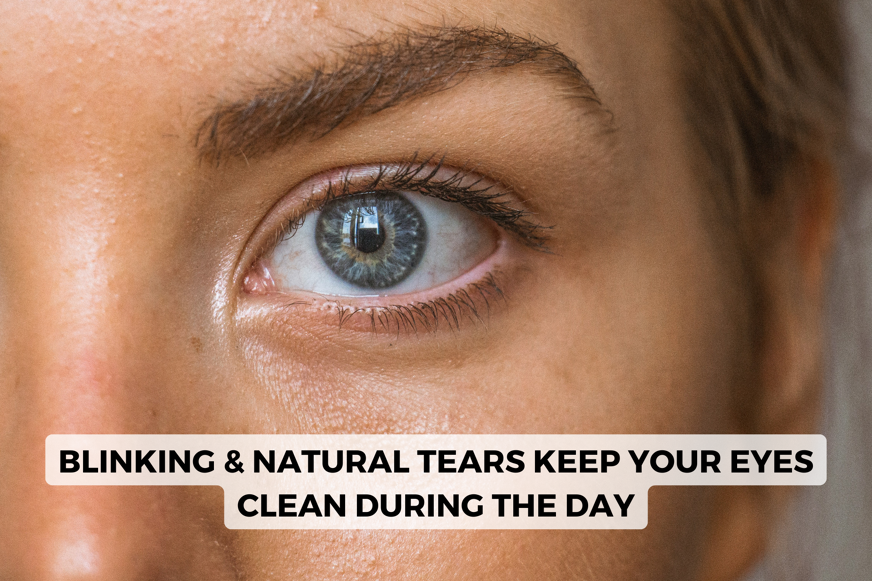
At night, however, with your eyes closed and reduced tear flow, these tiny particles can accumulate and dry out, leading to the formation of the crusty “sleep" in your eyes you notice in the morning. 🤓
The general composition of this eye discharge includes:
- Mucin, a thin, watery mucus produced by the conjunctiva
- Meibum, an oily substance secreted by the meibomian glands that helps keep your eyes lubricated
- Exfoliated skin cells and other debris
The consistency and amount can vary, appearing as wet and sticky or dry and crusty, depending on how much of the liquid has evaporated overnight.
3 ways to get rid of sleep in your eyes
A build-up of sleep in your eyes can feel unpleasant - and it can sometimes even feel a bit sensitive to get rid of it.
But here are 3 easy ways to remove sleep from your eyes:
- Gently wipe it away: Use a clean, damp cloth to gently wipe away the sleep without irritating your eyes. It’s important to use a clean cloth to avoid introducing bacteria to your eyes.
- Use a warm compress: Apply a soft, warm cloth to your eyes. The warmth helps loosen the eye mucus, making it easier to remove. It’s recommended to hold the compress on your eyes for 5 - 10 minutes.
- Rinse with lukewarm water: Gently rinse your eyes with lukewarm water to clear away small debris. Avoid hot water to protect the delicate eye area.
But definitely resist the temptation to rub your eyes - over-rubbing can spread the debris and cause irritation.
How to prevent getting sleeping your eyes
While you can’t completely avoid sleep in your eyes, there are steps you can take to reduce its build-up:
- Use a humidifier: If you sleep in a dry environment, a humidifier [3] can help maintain moisture in your eyes and minimise debris.
- Practise good eye hygiene: Regularly clean your eyes with gentle solutions, like lubricating eye drops, during the day to prevent excessive build-up overnight. This is particularly important for those who wear contact lenses or spend long hours in front of screens.
- Get plenty of rest: While sleep is crucial for overall eye health, there isn't direct evidence linking more sleep to reduced eye mucus. However, adequate sleep does support eye regeneration and overall eye health.
- Avoid allergens: Keep dust, pollen, and other allergens out of your bedroom, as they can increase mucus production and irritation.
Incorporating these habits into your routine can help keep your eyes feeling fresh and reduce discomfort.
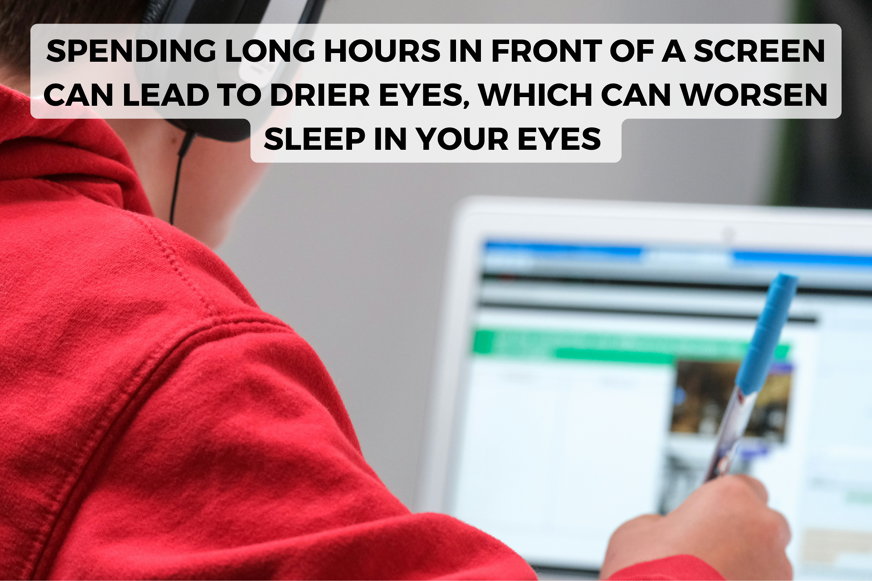
You’ll also want to focus on blinking regularly, staying hydrated, and consuming foods rich in omega-3 fatty acids to help improve tear quality and reduce dry eye symptom.
Conclusion
Sleep in your eyes is a natural, albeit sometimes annoying, part of the sleep process.
It’s simply the result of your eyes’ overnight cleaning mechanism and is rarely a cause for concern.
A gentle wipe or a warm compress can quickly remove the build-up, leaving your eyes feeling refreshed.
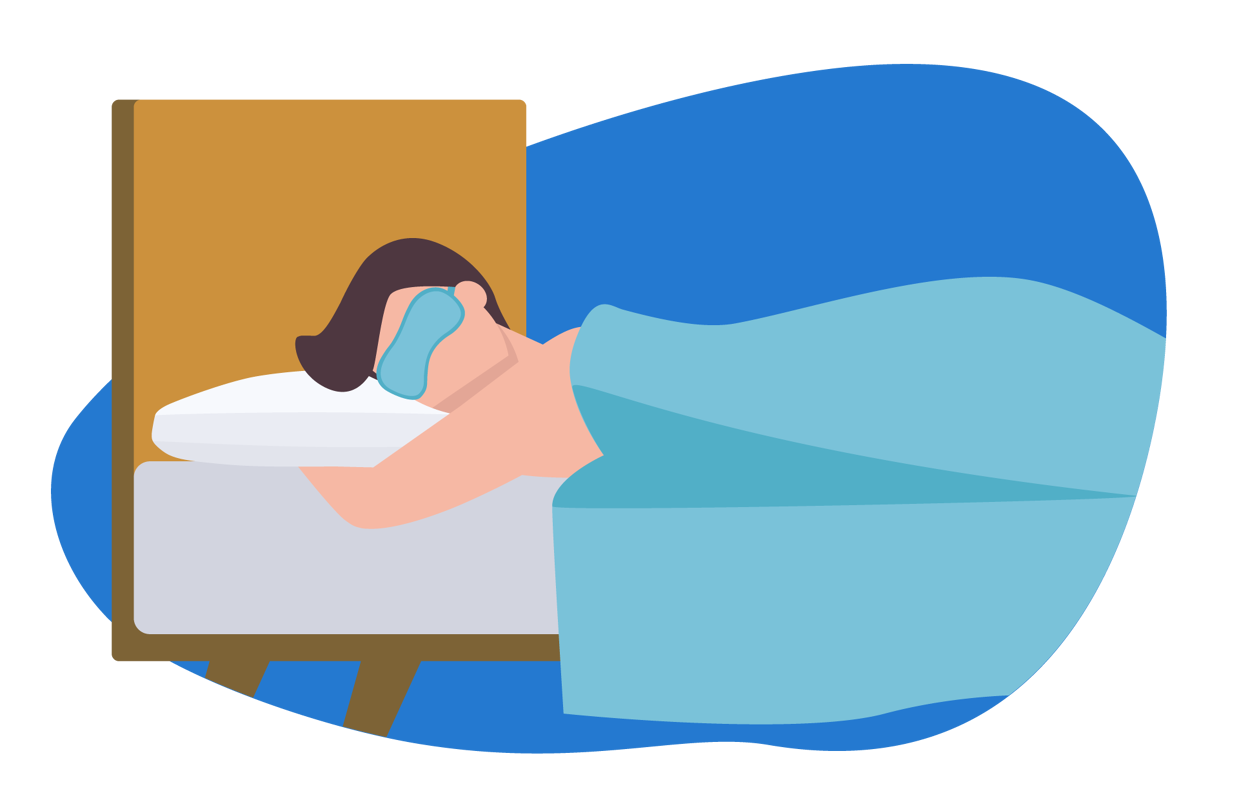





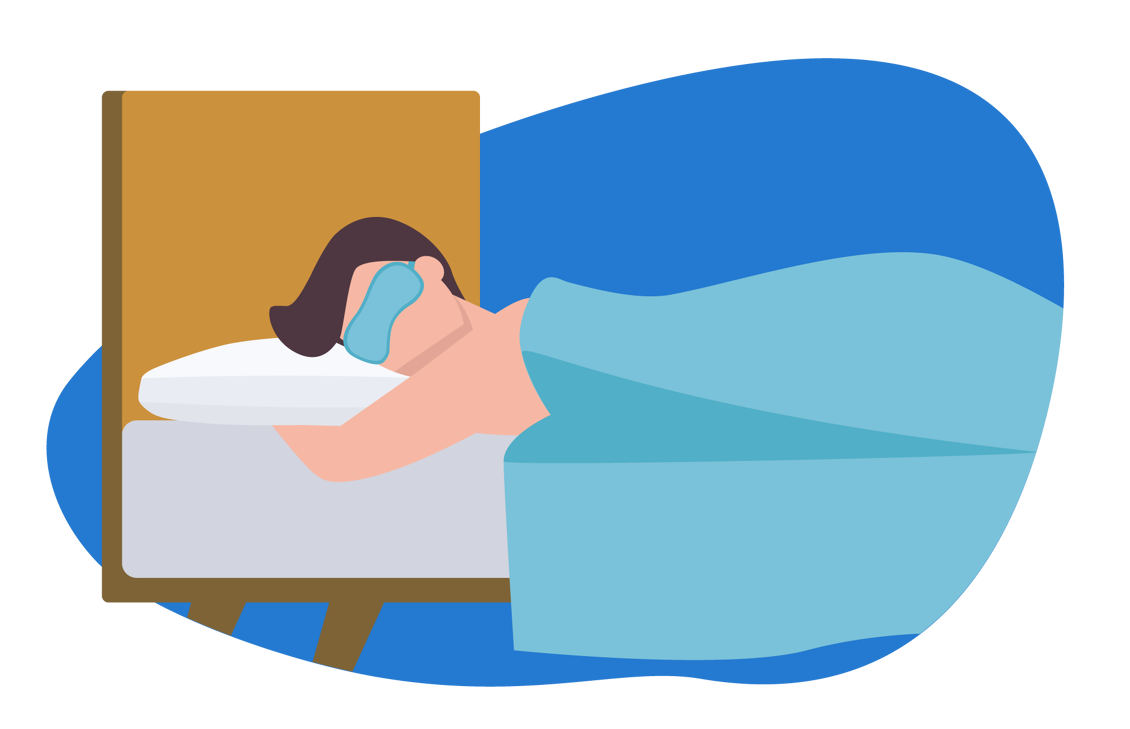


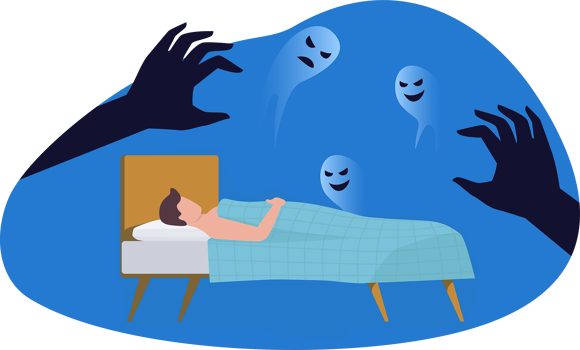


Alternatively, message us directly via the Contact Us page.